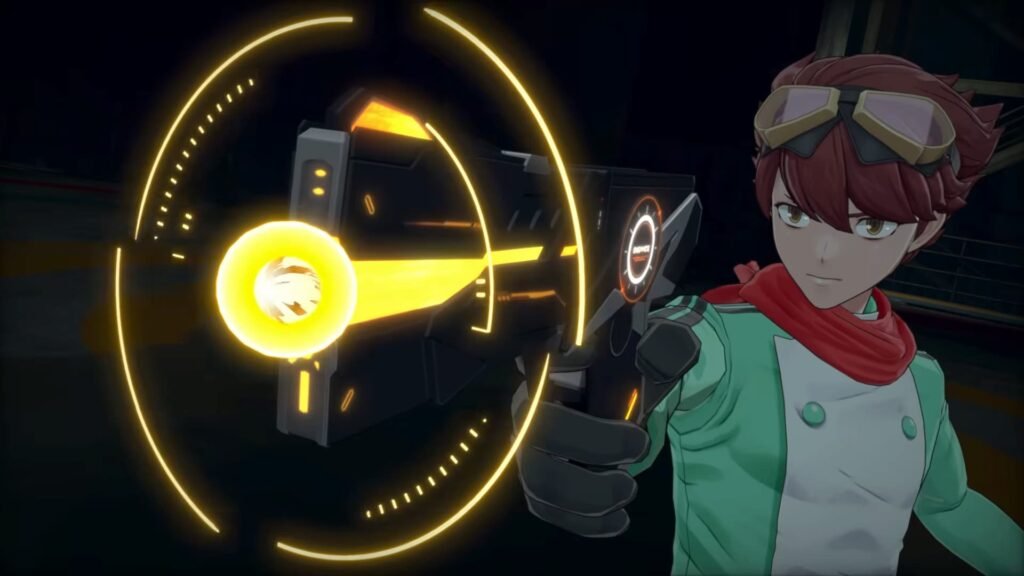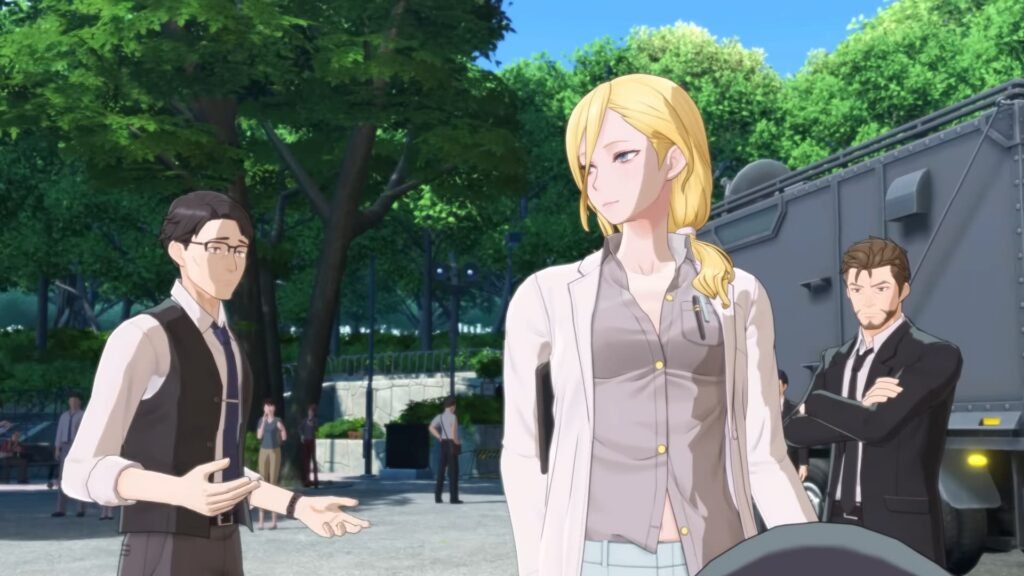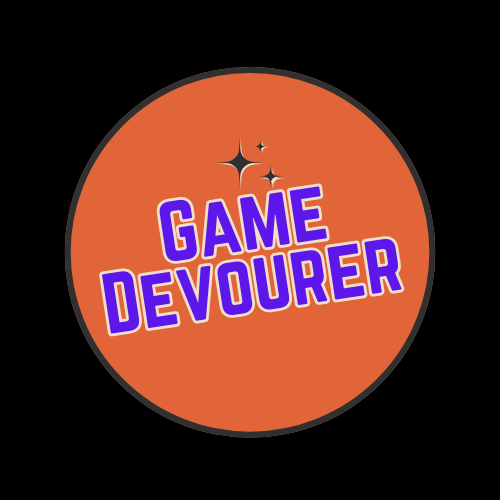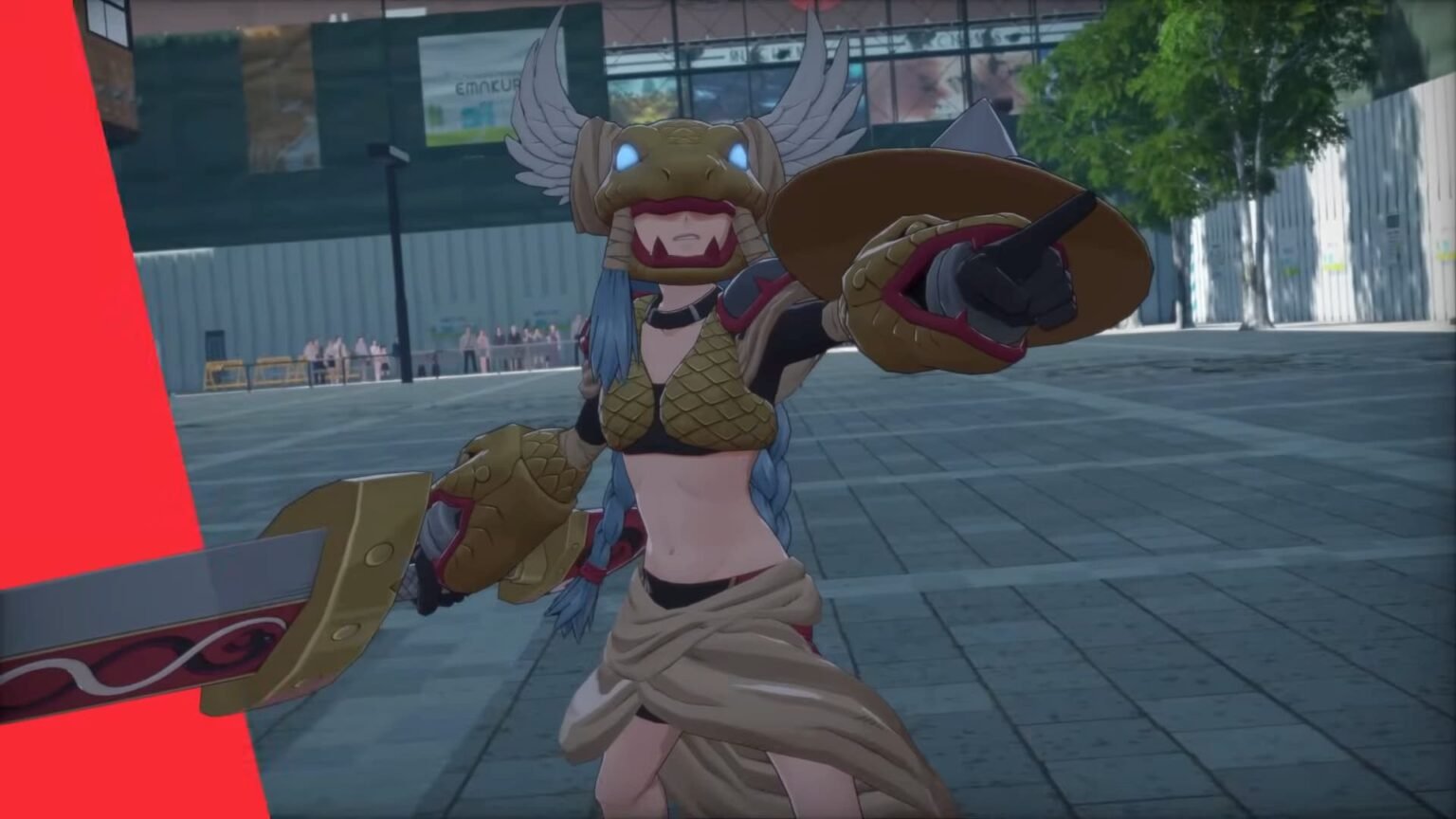Digimon’s personalities in Digimon Story: Time Stranger are a huge deal because they completely change how your Digimon grows and performs in battle. You’ve got sixteen different personalities in total, all falling under one of four main Bonds: Valor, Philanthropy, Wisdom, and Amicability.
This isn’t just a flavor thing, either; your Digimon’s personality directly impacts which stats get a boost when they level up, and it unlocks awesome, unique Personality Skills. These skills can do anything from healing your crew to giving you a nasty attack boost or even utility features, so you’ve gotta understand this system if you want to perfectly set up your Digimon for its team role.
How to Change the Personality of Digimon in Digimon Story: Time Stranger

One easy, low-key way to mess with a Digimon’s personality is by chatting with them right after a fight. When they ask a question, your answer (you’ll see a special symbol for the response) will gently push their personality toward one of the four core values: Affection, Heart, Understanding, or Companionship.
If your Digimon’s current personality is already pretty close to another one, a single, well-thought-out response can trigger an instant shift—and sometimes they’ll even learn a brand-new skill! This method is a little less precise since it’s reactive, but if you keep at it, you can gradually mold their disposition and even get to digivolving.
If you want to make a more targeted personality change, the DigiFarm in the In-Between Theatre is your best friend. This is where you can put your Digimon through training using special “Training Sets.” Every set does two things: it gives a particular stat a nice boost, and it shifts the Digimon’s personality toward a certain spot on the grid. For example, a “Punching Bag A Training Set” boosts ATK and moves the personality toward Heart and Affection.
Training takes 30 minutes in-game, but you can pay some in-game cash to finish it instantly. This approach is super controlled because you get visual feedback—a yellow arrow shows you exactly which way the personality is shifting. Plus, your Digimon hanging out in the DigiFarm also passively gets experience points as you play the story, which makes this training method super efficient.
The “Digiline” system gives you another way to interact with your Digimon remotely, which is great when you can’t engage with them in person. If you just chill for a few seconds, a dialogue icon might pop up, letting you influence their personality through a conversation, just like the post-battle chats.
It requires a bit of patience, but this remote option means you can keep shaping your Digimon’s traits even when you’re busy with other stuff. The flexibility of all these different methods allows for some serious experimentation—you can even keep your favorite skills and create powerful hybrid builds even after a personality switch. This could be a video games where you can relive your summer memories just through nostaliga.
Why Should You Change Personality Digimon Story: Time Stranger

In Digimon Story: Time Stranger, if you want to get the most out of your Digimon, you absolutely need to understand and manage their personality. This isn’t just a small feature; it’s a huge part of maximizing their potential, both for how their stats grow and how they perform in battle. The game’s complex personality system directly shapes your Digimon’s development, making it a critical mechanic for building the perfect team.
Beyond stat development, personalities also unlock special “Personality Skills” that seriously impact how effective your Digimon is in a fight. These skills are varied, doing everything from lowering the SP costs for certain abilities to increasing critical hit rates, extending the duration of buffs, or even changing normal attacks to magic damage. Some of these are effects that happen at the start of a battle, while others scale with their HP or how many rounds have gone by.
The exciting part is that you can actually keep your favorite skills even after changing a Digimon’s personality. This lets you create innovative hybrid builds that combine the best traits of different archetypes! For instance, a support Digimon could benefit from Philanthropy’s healing-focused skills, while a heavy DPS character would thrive with Valor’s attack boosts.
So, changing personalities isn’t just about hitting evolution requirements—it’s about fully customizing your Digimon’s entire toolkit to perfectly match your combat strategy, making sure they’re performing optimally in every encounter and unlocking a much deeper level of strategic gameplay in Digimon Story: Time Stranger.

